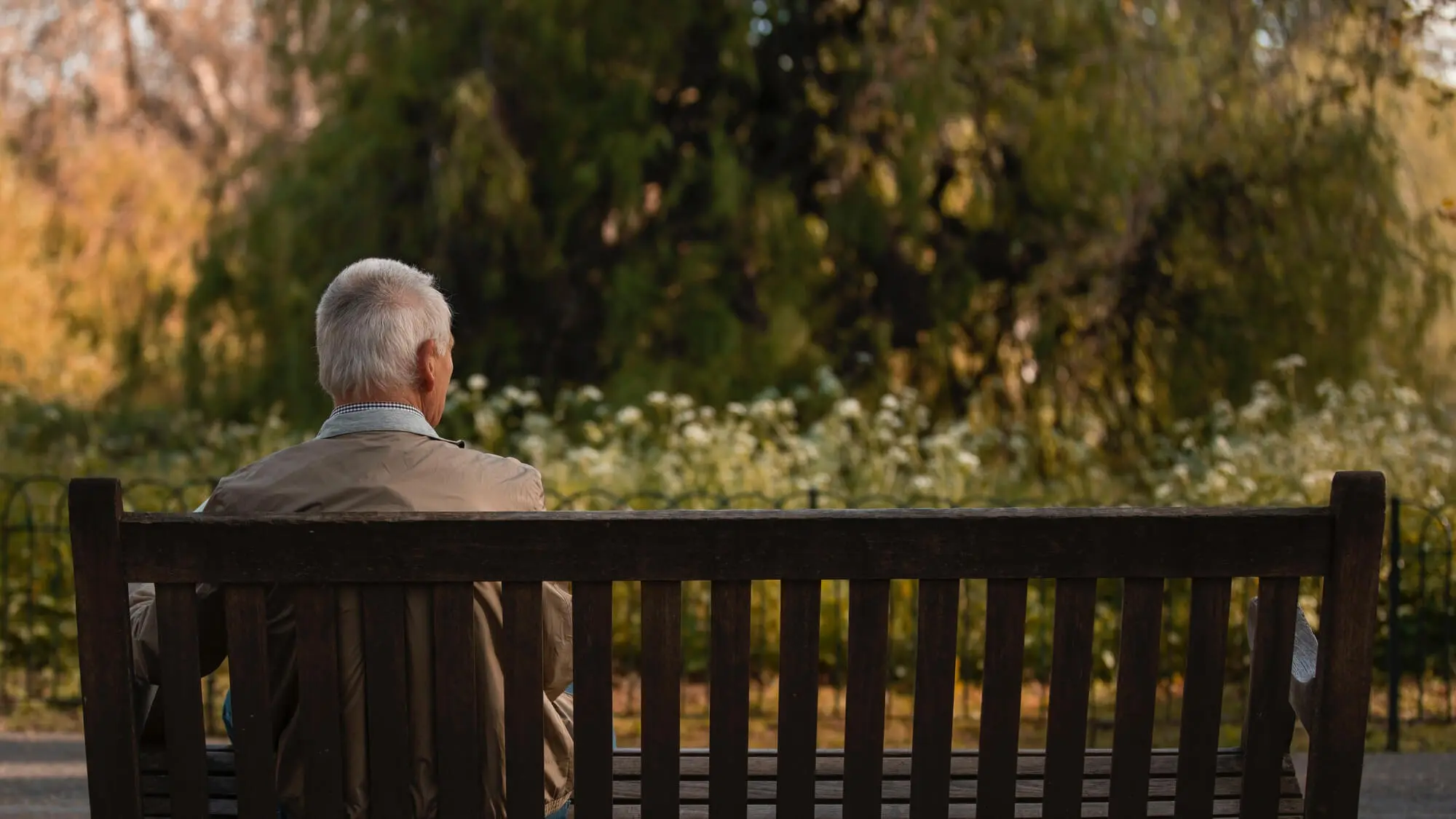The Impact of Life Purpose on Aging
Why inner orientation is more important than pure longevity — and what recent studies say about it.

What keeps us healthy in old age — both physically and mentally? Exercise, diet and sleep are important pillars. But one component is often underestimated: internal orientation. People who feel there is a clear “why” in their lives — whether through family, work, creativity or commitment — show better health scores in many areas. But the connection is more complex than many believe.
Health creates direction — not the other way around?
A recent longitudinal study from the University of Illinois (Hill et al., 2024) followed almost 14,000 adults over a period of eight years. The result: People whose health status worsened lost their motivation to live more frequently as a result — not the other way around. The researchers emphasize that although life purpose and health are linked, the causal path often leads from health to motivation — not the other way around.
This contradicts current assumptions: It is often said that a strong inner drive extends life. But this connection is — according to data — ambiguous. Rather, personal direction seems to help, particularly when the state of health is still stable. It does not necessarily protect against illness, but it can help you deal with it better.
What does that mean in practice?
A stable inner anchor is no guarantee of a long life — but it helps to overcome crises, maintain healthy routines and remain cognitively active. This is also reflected in practice.
A clear motivation to live can have a positive effect on various areas. Possible effects include increased motivation, more self-confidence, better self-management, more stamina, more determination, more ambition, more optimism and better concentration. A strong motivational basis can also:
- reduce the risk of depression and cognitive impairment
- lead to better health habits (e.g. regular exercise, healthier diet)
- strengthen social integration and resilience, and
- increase subjective well-being — even with chronic illnesses.
How do we get motivated to live?
That is something that is rarely “just there.” Rather, it develops — from experiences, relationships, challenges and self-reflection. Models like the Japanese Ikigai help to make personal motivation tangible. These four questions help with this:
- What do I love?
- What am I good at?
- What does the world need (in a big and in a small, narrow sense)?
- What can I get paid for?
The middle — the ikigai — describes the space in which passion, competence, purpose and impact come together.
Small impulses — big impact
Life motivation requires care and dedication. It can disappear or be redefined, especially in old age or in phases of change. These approaches help to sharpen your own inner compass:
- Mini routines: Small daily activities that make sense (e.g. walks with reflection, journaling, a conversation with depth).
- Social connectedness: Volunteering, family roles, exchange with like-minded people.
- Strengthen self-effectiveness: Learn new skills, implement projects, share your own experiences.
Conclusion
Old age alone is no guarantee of fulfillment. But a stable, evolving motivation to live can make a decisive contribution to how we age — and how we deal with challenges. Research shows that anyone who starts to cultivate their inner orientation at an early stage creates a stable foundation. Not to prevent illness — but to make life meaningful even when it changes.
References
Publiziert
29.9.2025
Kategorie
Longevity

Experte
What keeps us healthy in old age — both physically and mentally? Exercise, diet and sleep are important pillars. But one component is often underestimated: internal orientation. People who feel there is a clear “why” in their lives — whether through family, work, creativity or commitment — show better health scores in many areas. But the connection is more complex than many believe.
Health creates direction — not the other way around?
A recent longitudinal study from the University of Illinois (Hill et al., 2024) followed almost 14,000 adults over a period of eight years. The result: People whose health status worsened lost their motivation to live more frequently as a result — not the other way around. The researchers emphasize that although life purpose and health are linked, the causal path often leads from health to motivation — not the other way around.
This contradicts current assumptions: It is often said that a strong inner drive extends life. But this connection is — according to data — ambiguous. Rather, personal direction seems to help, particularly when the state of health is still stable. It does not necessarily protect against illness, but it can help you deal with it better.
What does that mean in practice?
A stable inner anchor is no guarantee of a long life — but it helps to overcome crises, maintain healthy routines and remain cognitively active. This is also reflected in practice.
A clear motivation to live can have a positive effect on various areas. Possible effects include increased motivation, more self-confidence, better self-management, more stamina, more determination, more ambition, more optimism and better concentration. A strong motivational basis can also:
- reduce the risk of depression and cognitive impairment
- lead to better health habits (e.g. regular exercise, healthier diet)
- strengthen social integration and resilience, and
- increase subjective well-being — even with chronic illnesses.
How do we get motivated to live?
That is something that is rarely “just there.” Rather, it develops — from experiences, relationships, challenges and self-reflection. Models like the Japanese Ikigai help to make personal motivation tangible. These four questions help with this:
- What do I love?
- What am I good at?
- What does the world need (in a big and in a small, narrow sense)?
- What can I get paid for?
The middle — the ikigai — describes the space in which passion, competence, purpose and impact come together.
Small impulses — big impact
Life motivation requires care and dedication. It can disappear or be redefined, especially in old age or in phases of change. These approaches help to sharpen your own inner compass:
- Mini routines: Small daily activities that make sense (e.g. walks with reflection, journaling, a conversation with depth).
- Social connectedness: Volunteering, family roles, exchange with like-minded people.
- Strengthen self-effectiveness: Learn new skills, implement projects, share your own experiences.
Conclusion
Old age alone is no guarantee of fulfillment. But a stable, evolving motivation to live can make a decisive contribution to how we age — and how we deal with challenges. Research shows that anyone who starts to cultivate their inner orientation at an early stage creates a stable foundation. Not to prevent illness — but to make life meaningful even when it changes.
Referenzen
Publiziert
29.9.2025
Kategorie
Longevity

.svg)














